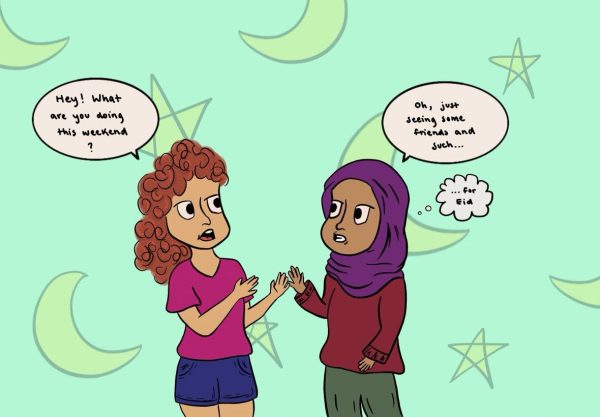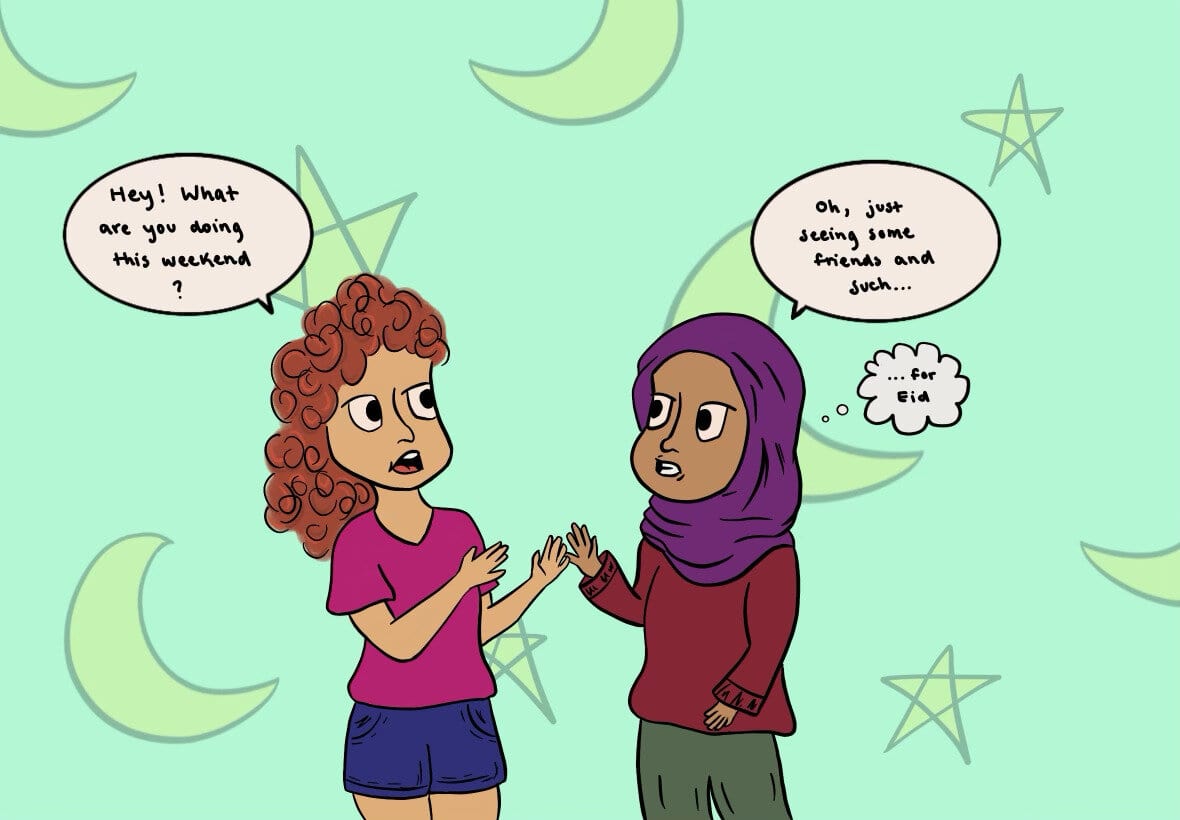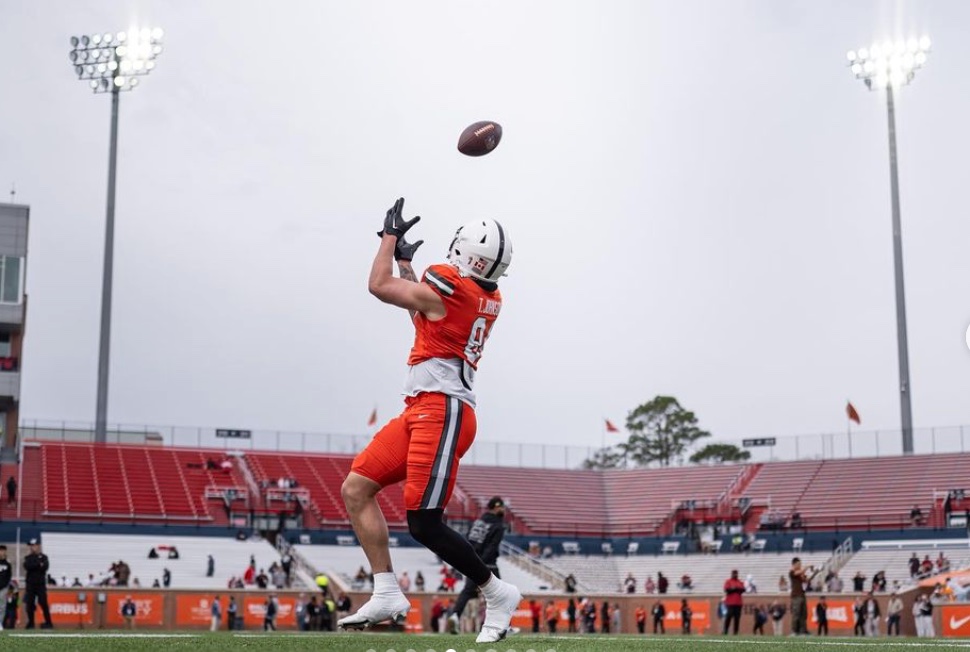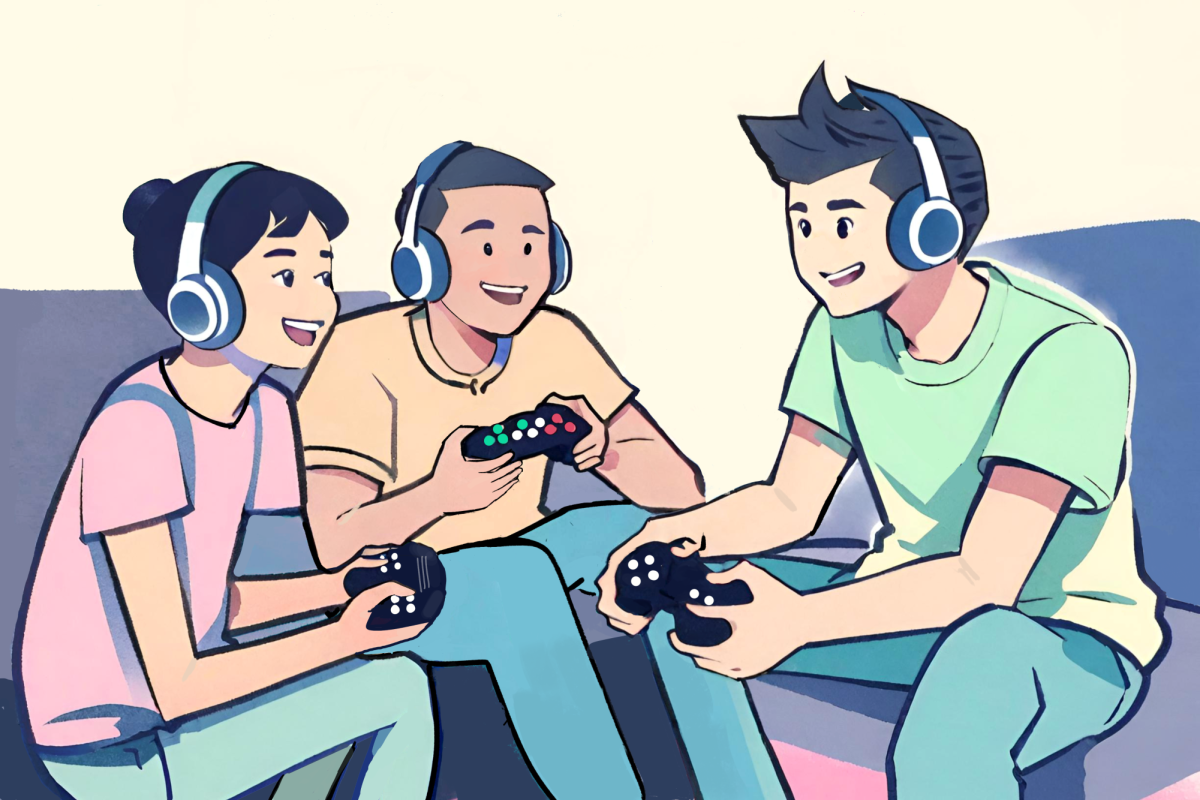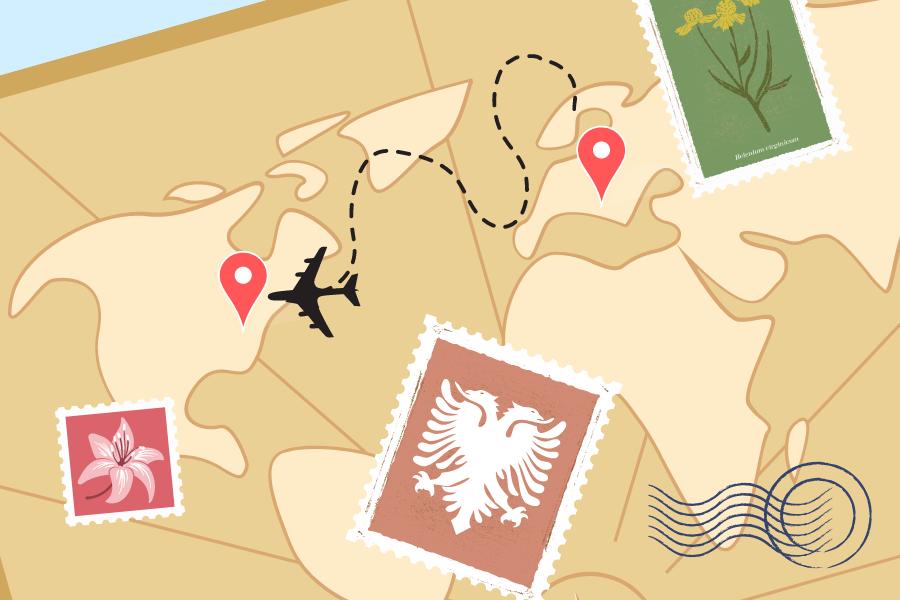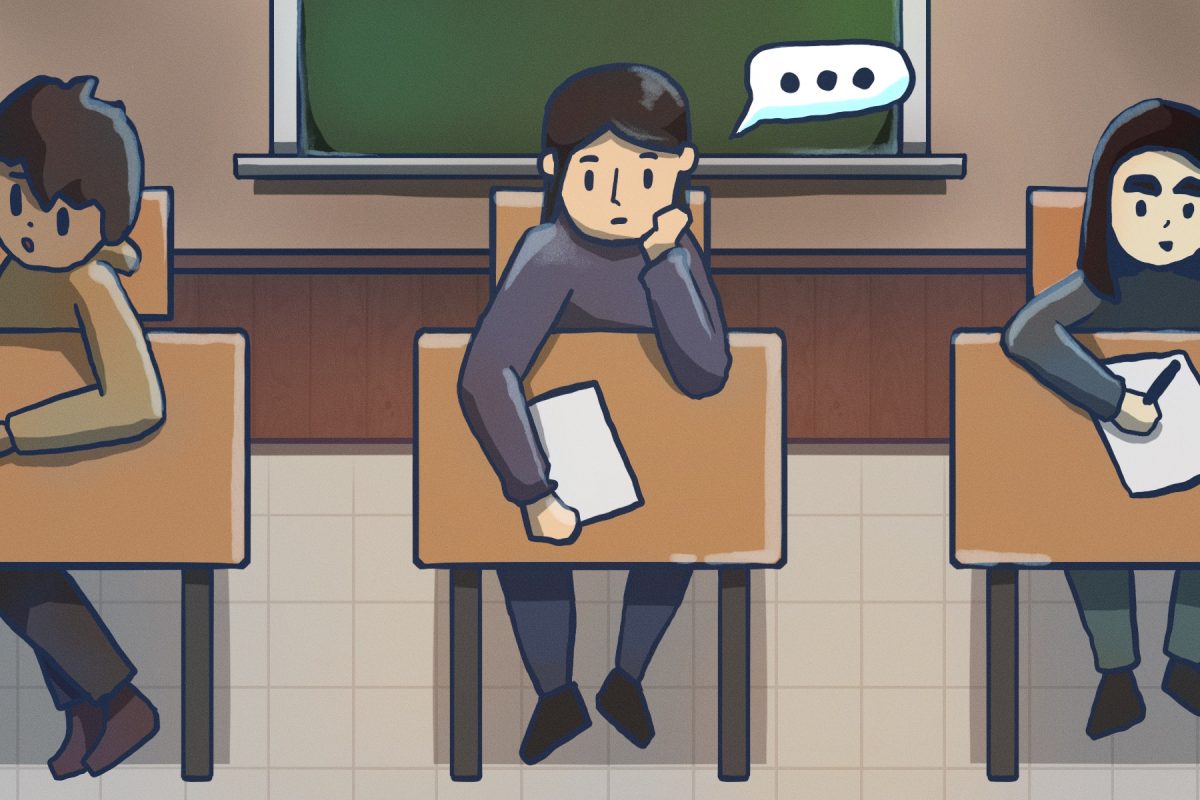March 4, 2013:
We exited the schoolyard and saw the line snaking down the street. We kept walking toward our taxi, but the line didn’t end. We passed thousands and thousands of people, never seeing the end of the line that disappeared out of sight after turning onto a curving street.
Polls had only been open for half an hour, but apparently the end of the line was already three kilometers away. When we drove by later, the line was even longer and the temperature had climbed to almost 90 degrees , as prospective voters stood patiently in the baking sun.
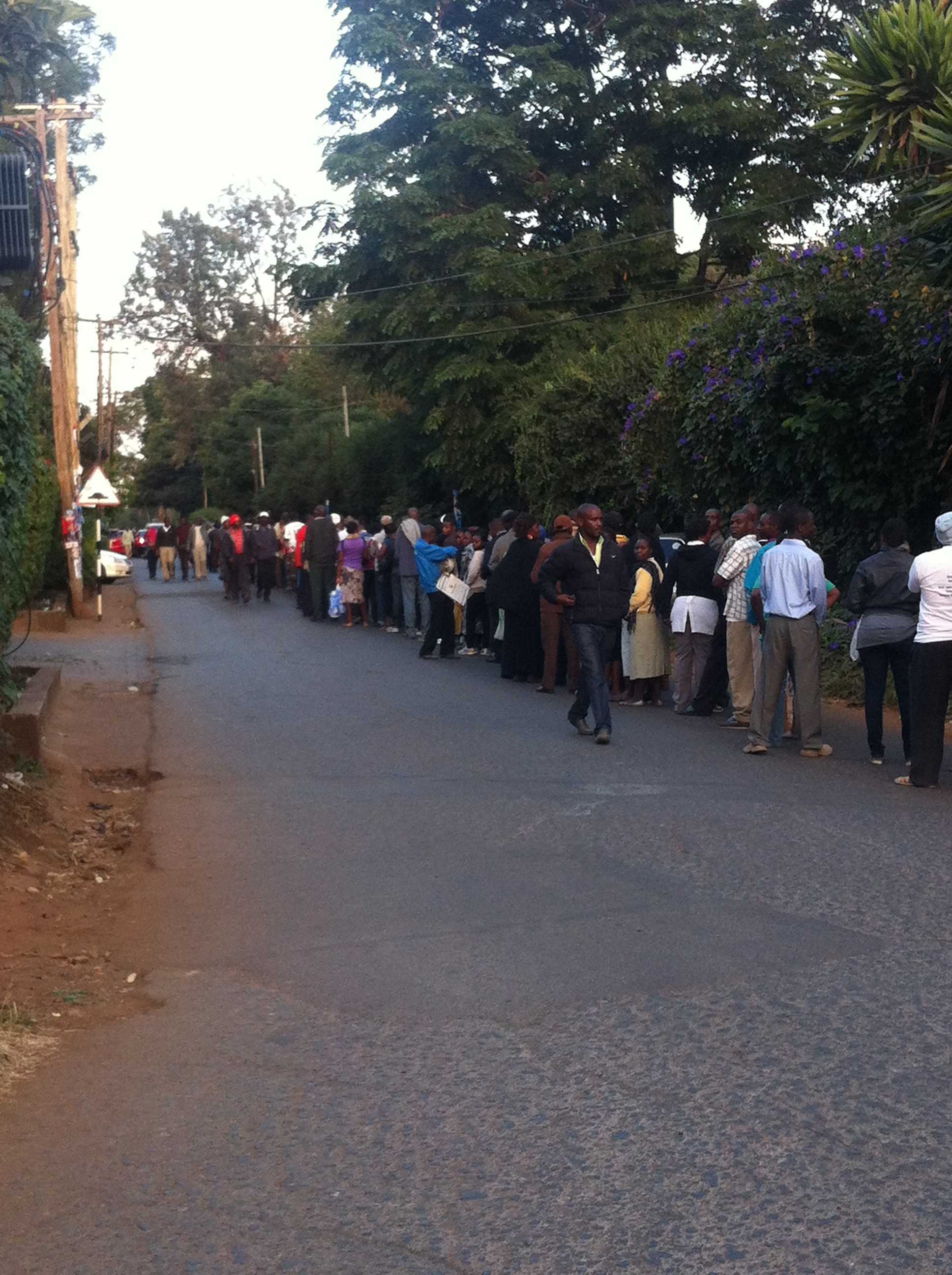
Today was Kenya’s much-anticipated Election Day. I spent the day crisscrossing Nairobi to see as many polling places as possible. We saw the opening of voting at a primary school in a middle-class neighborhood. We visited Kibera, the largest slum in Africa and a hotbed of violence after the 2007 vote. And we headed to Gathiga, a surprisingly rural village right outside the city.
Everywhere we looked, the biggest problems were with the lines. They were literally miles long — we talked to people who waited for up to 12 hours to cast their ballots. The record-high turnout may have been due to the contentiousness of the race and high interest in democracy after the 2007 disaster and subsequent reforms.
Despite the frustrating lines and cumbersome process, the polls – in Nairobi, at least – seemed impressively peaceful. A few shouting matches broke out in Kibera, but they were quickly quelled by the many security officials. We heard a few reports of tragic violence on the Kenyan coast, but luckily saw nothing like that.
People were still nervous and city streets were deserted, since nearly every business was closed for the public holiday, and most people chose not to go out except to vote, perhaps fearing chaos or violence.
The result, ironically, was that the streets were eerily calm, except for the ubiquitous voting queues, longer than any of our experienced observers had ever seen. Nonetheless, people seemed excited to vote, mostly patient and eager to constantly assure observers that this is a different Kenya than in 2007.
After arriving at her polling station, we asked our taxi driver why Kenyans had come so early to the polling places. Her response summed up the patriotism and relentless democratic enthusiasm that seemed to define the day.
“Mostly Kenyans wait for the last minute,” she said. “But this time they want to be first. They are not taking a chance.”
March 3, 2013:
Everyone’s nervous in Kenya this week.
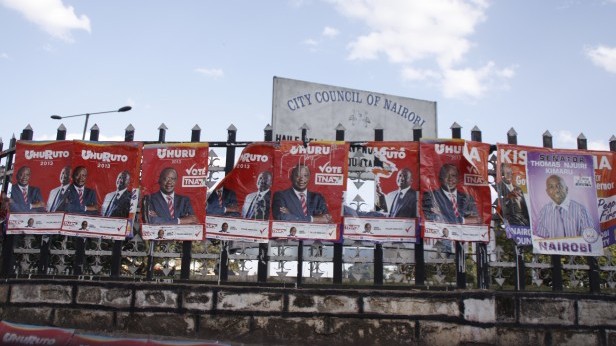
The international school in Nairobi moved its spring break to election week in case students, including one of my close friends, couldn’t come back for a while due to post-election violence. The teachers sent everyone home with textbooks, homework and an extensive plan on how to attend online classes and submit work should they not return to school for weeks.
This week I had the opportunity to accompany my dad on a business trip to Nairobi, Kenya, to observe the elections. International observers help governments prepare for an election and visit polling stations on Election Day as an objective check to ensure that elections remain “free and fair,” particularly in developing countries and new democracies.
Kenya’s last election, in December 2007, sparked massive unexpected violence in a country previously considered one of Africa’s most stable democracies. More than 1,000 people died and hundreds of thousands were displaced by ethnic riots and arsons, possibly incited by government leaders. The job of Democracy International’s team is to make sure the results reflect the real vote – and to study why and how there may be corruption in the tallies.
Since 2007, this eastern African country has adopted a new constitution that requires a runoff if one candidate doesn’t win a geographically spread majority. One leading candidate this year is Raila Odinga, the current prime minister who lost the presidency in 2007. The other, Uhuru Kenyatta, is the son of the country’s first president and is indicted in the International Criminal Court for crimes against humanity in the last election. No one knows how the charges will affect the vote. If there’s a runoff, as is expected, it would be in April, after the ICC trial – further complicating the election.
The whole country is geared up for the election. There are political posters plastered on every surface and litter from political rallies strewn in the city’s main park. Everyone’s a little tense – nervous about the lines at the polling place, but even more nervous about the reaction to the results.





